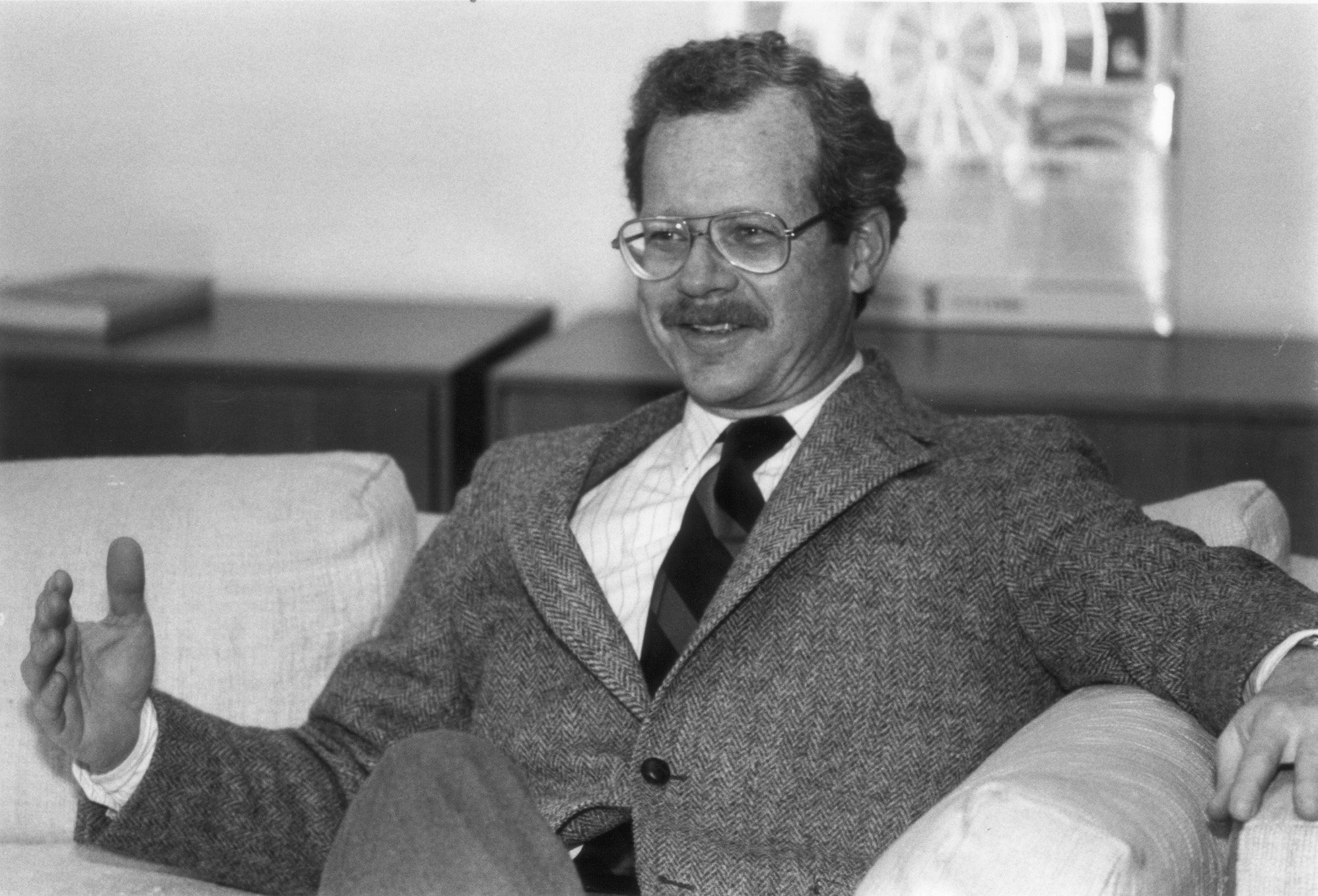Oliver E. Williamson, Gordon Bradford Tweedy Professor of Law and Organization, 1983-88
Oliver E. Williamson
REFERENCES:
Alfred D. Chandler, Jr., Back cover, Oliver E. Williamson, The Economic Institutions of Capitalism (1985).
Oliver Eaton Williamson (1932-2020), a leading economic theorist noted as a founder of the transaction cost economic approach, came to Yale from the University of Pennsylvania in 1983, with a joint appointment in the Law School, Economics Department and Management School. While at Yale, he founded the Journal of Law, Economics, and Organization and the Law, Economics and Organization workshop. Both the journal and workshop continue to thrive to this day. In 1988, he left Yale for the University of California at Berkeley.
By the time Oliver Williamson arrived at Yale, he had published his pathbreaking book, Markets and Hierarchies (1975), which developed ideas introduced in his earlier articles. Influenced by Ronald Coase’s 1937 article on “The Nature of the Firm,” the book developed a theory, based on transaction costs, for answering the longstanding industrial organization question, referred to as the “make or buy” decision, of when are transactions organized within a firm rather than across firms (in markets)?
While at Yale, Williamson continued to expand and refine the transaction cost approach, applying the framework to corporate governance and organizational behavior in a series of important articles, culminating in The Economic Institutions of Capitalism: Firms, Markets, Relational Contracting (1985). As, if not more, influential than his 1975 book, Economic Institutions of Capitalism has been translated into numerous languages and described by the eminent business historian, Alfred D. Chandler, as “[f]or a historian concerned with the evolution of modern institutions, … the most valuable book written by an economist since those of Joseph Schumpeter.” In 2009, Williamson shared the Nobel Prize in Economics with Elinor Ostrom.
